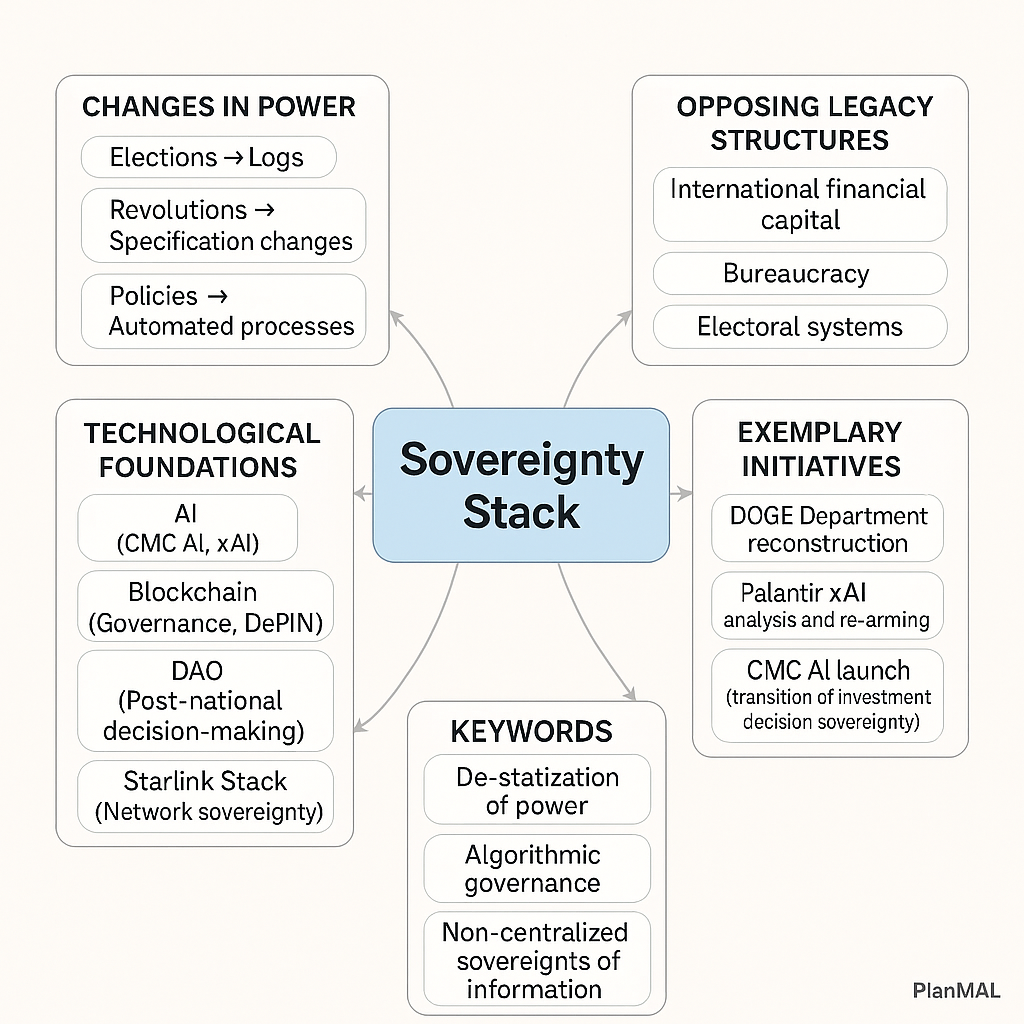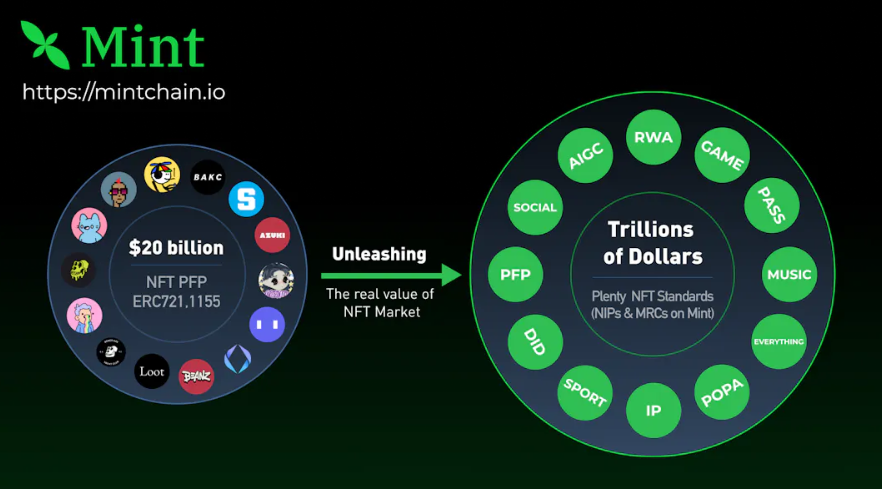The unstoppable Sovereignty Stack refers to the layered infrastructures—communications, data systems, decentralized networks—that are reshaping global power. These systems don’t just serve as tools; they govern how you work, communicate, and live. While governments once held sway, power now lies in the networks that operate beneath and beyond borders. This isn’t a distant dream. It’s happening now, quietly routing around legacy systems and enacting a new kind of governance.
The Future Is Not Voted In
The most powerful systems of the next decade won’t ask for your opinion.They won’t knock on your door.They’ll simply appear — in your interface, in your cloud, in your daily default.
You don’t protest a smart contract.You comply, or you fork.There’s no negotiation with protocols. Only execution.
This is why revolutions are becoming irrelevant.Not because people don’t care — but because care no longer translates into control.
The Sovereignty Stack isn’t a fantasy.It’s already routing around legacy systems.It doesn’t promise freedom — it enforces clarity, traceability, and automation.
It governs by being there first.
Power used to be personal. Now it’s infrastructural.And the only way to fight infrastructure… is with better infrastructure.
The Sovereignty Stack in Practice
Trump’s Infrastructural Influence
Trump’s second presidency isn’t about personal leadership. It’s about controlling the infrastructure that shapes society. Through policies favoring deregulation and privatization, Trump has enabled private networks—like Starlink—to dominate. In 2025, his push for telecom deregulation has empowered tech giants to build their own sovereign networks, bypassing traditional government control. For Trump, this isn’t about individual authority; it’s about facilitating the networks that will govern the future.
Musk and Starlink: Connectivity as Control
Starlink’s influence is global. In 2025, its network connects 40% of the world’s rural population, reshaping access to information and power. In regions like Ukraine, where Starlink’s satellites have ensured communication during conflict, the company has become an essential piece of geopolitical strategy. Musk’s vision is clear: connectivity is power, and whoever controls it controls the flow of information, the market, and even culture.
Palantir: The Algorithmic Authority
Palantir isn’t just a data company; it’s the connective tissue of modern governance. Its algorithms don’t just analyze data—they dictate who gets resources and who doesn’t. Whether it’s through military contracts or predictive policing, Palantir’s systems touch everything from national security to urban infrastructure. It operates without the public’s knowledge or consent, steering decisions that affect millions. This is the power of the Sovereignty Stack: it governs by its presence, by its reach, by its data.

Challenges to the Sovereignty Stack
The rise of the Sovereignty Stack isn’t without resistance. Governments are scrambling to regulate decentralized systems, and movements are rising to create alternatives. The EU’s aggressive data privacy laws, for example, could slow the global reach of these infrastructures. But can regulation or decentralized communities truly disrupt the unstoppable momentum of the Stack? For now, the answer is unclear. The Sovereignty Stack doesn’t ask for permission. It simply arrives.
Ethical Reflections: A Trade-Off Between Clarity and Control
As the Sovereignty Stack expands, it offers certainty, traceability, and automation—qualities that make life more efficient and predictable. But at what cost? While the Stack’s clarity is appealing, it also concentrates power in the hands of those who control the infrastructure. The risk of monopolistic control, lack of accountability, and erosion of personal autonomy looms large. Will you accept its certainty at the cost of control, or will you fight to shape the rules of this new world?
Conclusion: The Future is Built, Not Voted
The Sovereignty Stack is not a theoretical future; it’s here. And it’s shaping everything—your work, your communication, your very existence. Power is no longer decided by ballots, but by code. In this new world, you’ll either build the infrastructure or live beneath it.




评论 (0)